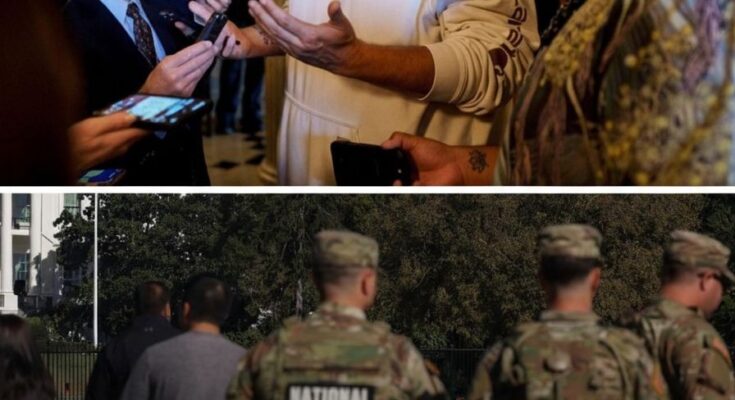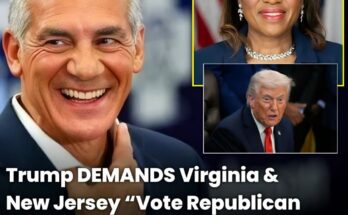Senator John Fetterman Defies Democrats During Historic Government Shutdown, Declares “It’s an Easy Choice to Pick My Country Over the Party”
In a move that sent ripples through Washington, Senator John Fetterman broke ranks with his own party during one of the longest government shutdowns in modern U.S. history. Standing in a crowded Capitol hallway surrounded by reporters, Fetterman declared it was “an easy, easy choice” to vote with Republicans to keep the government funded, arguing that America’s stability must come before partisan loyalty. His decision immediately made headlines, not just for the rarity of such a cross-party stand, but for the timing — at the height of a fierce budget standoff centered around healthcare funding and spending priorities.
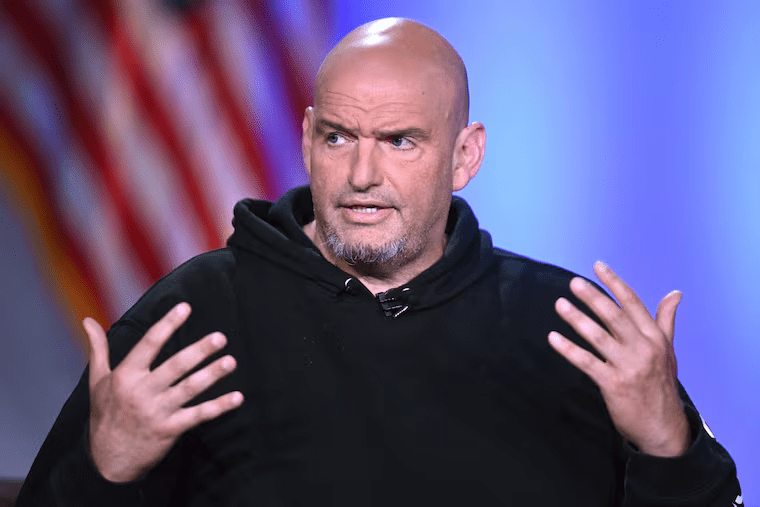
Fetterman’s statement was brief but powerful: “It’s an easy, easy choice to pick my country over the party, especially in circumstances like this.” Those words captured the tension gripping Congress, where Democrats and Republicans have been locked in a deadlock for weeks, unable to reach an agreement that would reopen the government. The shutdown, now among the longest in U.S. history, has furloughed thousands of federal workers, slowed vital programs, and rattled markets. Amid the chaos, Fetterman’s decision to side with Republicans on a crucial procedural vote drew both praise and outrage from across the political spectrum.
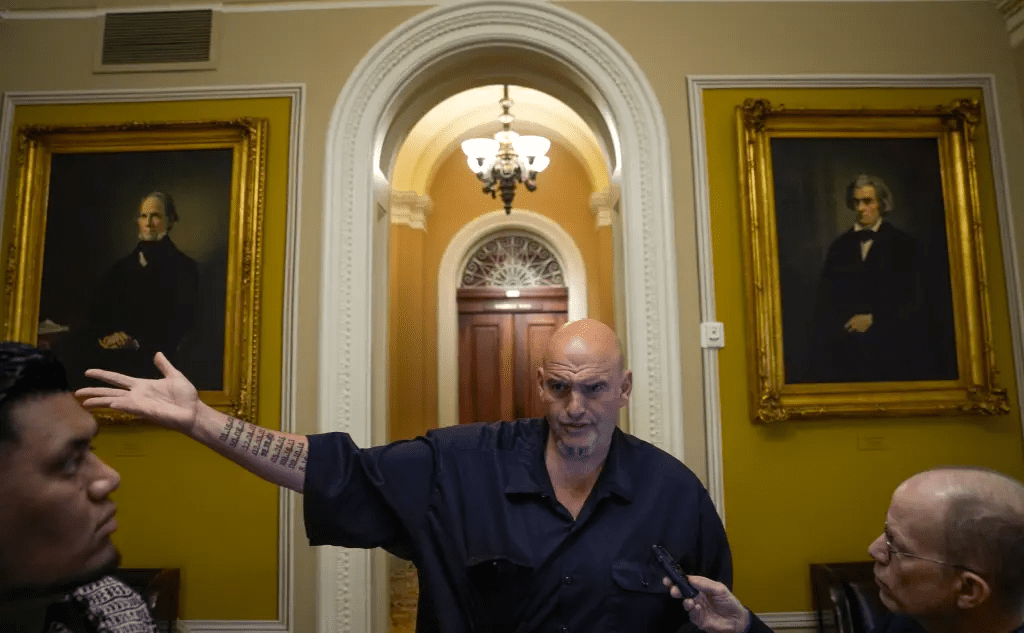
The Pennsylvania senator, known for his blunt, blue-collar style and hoodie-clad defiance of Washington norms, has often positioned himself as a pragmatist willing to go against his own party when principle demands it. But this vote — one that could shape the trajectory of both parties ahead of the 2028 election — marks a significant political turning point. Democratic strategists were quick to express frustration, accusing Fetterman of undermining party unity at a critical moment, while Republican leaders hailed him as a rare example of bipartisan courage.
Fetterman’s break came as the shutdown entered its fourth week, driven largely by disputes over healthcare funding and spending caps. Democrats had sought to maintain protections for Affordable Care Act subsidies and expand Medicaid funding, while Republicans pushed for spending cuts and regulatory reforms. The stalemate left federal agencies struggling to operate, with military families, law enforcement personnel, and healthcare workers among those hardest hit.
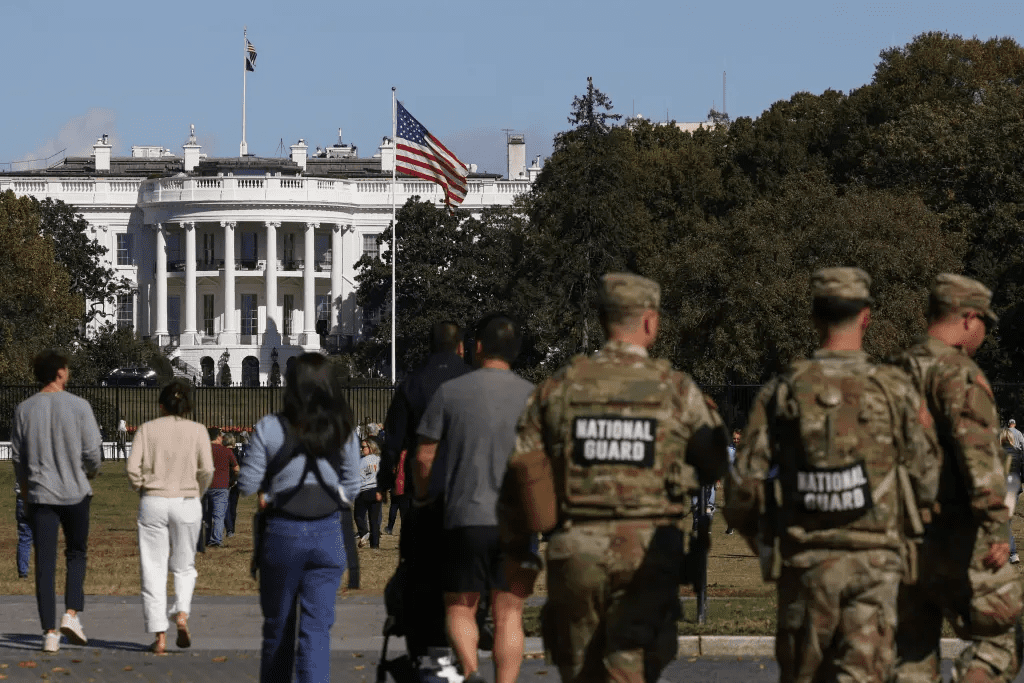
Behind closed doors, frustration boiled over on both sides of the aisle. Several moderate senators reportedly pleaded for compromise, warning that continued gridlock would deepen public distrust in Washington. Fetterman’s vote — though symbolic in the larger scheme — was a signal to those weary of partisan warfare that someone was willing to step outside the party line. “It’s not about left or right,” one aide close to him explained. “It’s about doing what’s right for the country, even when it costs you politically.”
Political observers note that Fetterman’s move could have long-term implications. In an era when bipartisanship has become almost taboo, his defiance could either inspire others to follow or isolate him within his own ranks. Supporters argue that his independence is precisely what voters have always admired about him — a willingness to call things as he sees them, even if it sparks controversy. Critics, however, warn that such breaks can embolden opposition efforts and fracture delicate alliances within Congress.
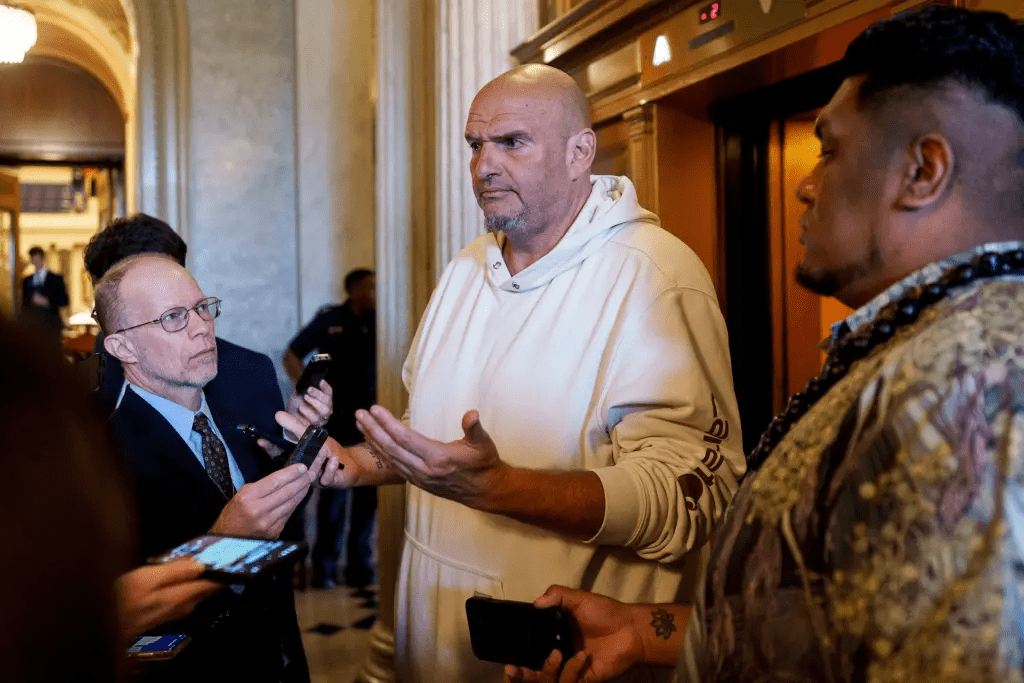
As the shutdown drags on, with no clear end in sight, Fetterman’s stand may become a defining moment in his political identity. Whether viewed as courage or betrayal, it underscores the growing strain within the Democratic Party as it grapples with internal divisions over strategy, ideology, and leadership ahead of 2028. His decision reflects a broader sentiment felt by many Americans exhausted by partisan brinkmanship — that governing should not come second to politics.
For now, Senator John Fetterman has made his choice clear: country first, party second. And in a capital consumed by division, that choice — simple in words, seismic in consequence — might just reshape the political landscape heading into the next election cycle.
